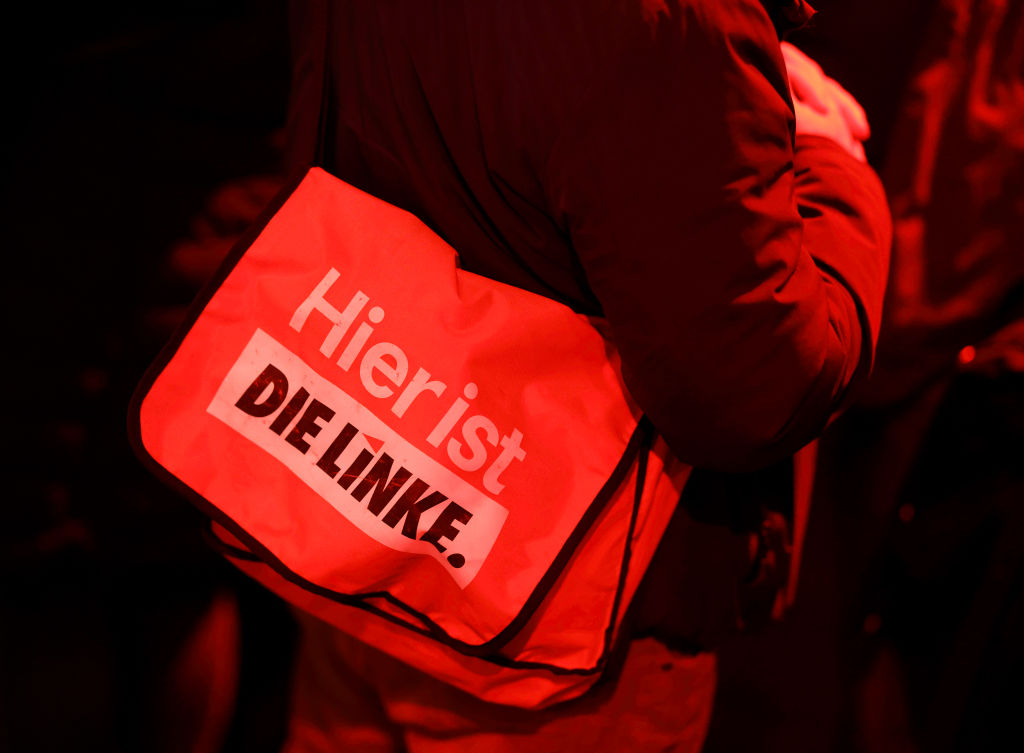New figures have revealed right-wing posts on social media are flagged to Germany’s Federal Criminal Police Office (BKA) almost 100 times more often than left-wing ones.
The data, obtained by the Alternative for Germany (AfD) party and reported by German news outlets Apollo News and Junge Freiheit, showed political expression online is being increasingly scrutinised, with insults aimed at politicians accounting for almost half of all reports.
In the second quarter of 2025, agencies for reporting online hate speech or extremist activities submitted 3,420 cases deemed relevant to criminal law to the BKA’s Central Reporting Office for Criminal Content on the Internet (ZMI). Of these, 1,528 cases — around 45 per cent — involved allegations of insulting or defaming politicians under Section 188 of the German Criminal Code.
Other common offences included the use of unconstitutional symbols (971 cases), including comparing people with Nazi’s, and approving crimes (484 cases).
“Approving crimes” prohibits publicly approving or glorifying certain crimes and acts, particularly those committed by National Socialists, or serious offences that endanger public peace.
One reporting agency in particular stood out. Hessen gegen Hetze (“Hesse against Hate”) was responsible for more than two-thirds of all reports in the last quarter, submitting 4,312 out of 6,241 total cases.
Baden-Württemberg’s Respect! office came second, contributing 947 reports. Together, the two accounted for more than 85 per cent of all referrals since the beginning of 2024.
Hessen gegen Hetze has previously drawn criticism for pursuing relatively minor cases, such as memes mocking politicians. A well-known example was its report against a pensioner from Bavaria, which resulted in a police raid after he shared a meme calling a vice-chancellor a “moron”.
Another case saw Deutschlandkurier editor David Bendels convicted for sharing a meme portraying former interior minister Nancy Faeser as hostile to free speech.
The political character of reported content was also notable. According to ZMI figures, almost half of all flagged posts (49 per cent) were categorised as “right-wing”.
By contrast, less than 0.5 per cent were identified as “left-wing”. Around 40 per cent were classified as “other”, 9 per cent as “foreign ideology” and 1 per cent as “religious ideology”.
Social media platform X was at the centre of this trend. Of the 36,015 posts reported between early 2024 and mid-2025, 22,009 — some 61 per cent — came from X.
Facebook accounted for 16 per cent, followed by TikTok with 8 per cent. Instagram, Telegram and YouTube together made up just 5 per cent of all reported content.
AfD MP Martin Renner told Junge Freiheit that the difference between left-wing and right-wing posts showed “a frightening imbalance”.
“This is not a random distortion,” Renner said. “It is a clear one-sidedness that is obviously consciously accepted.”
In Europe today, speaking your mind can carry real consequences.
👉 From de-platforming to dawn raids by police, fines and prosecution, this is a story of rising censorship, shrinking tolerance, and competing visions of democracy.
Don’t miss our latest Deep-Dive: Free Speech… pic.twitter.com/pfsooyBgMy
— Brussels Signal (@brusselssignal) August 25, 2025





